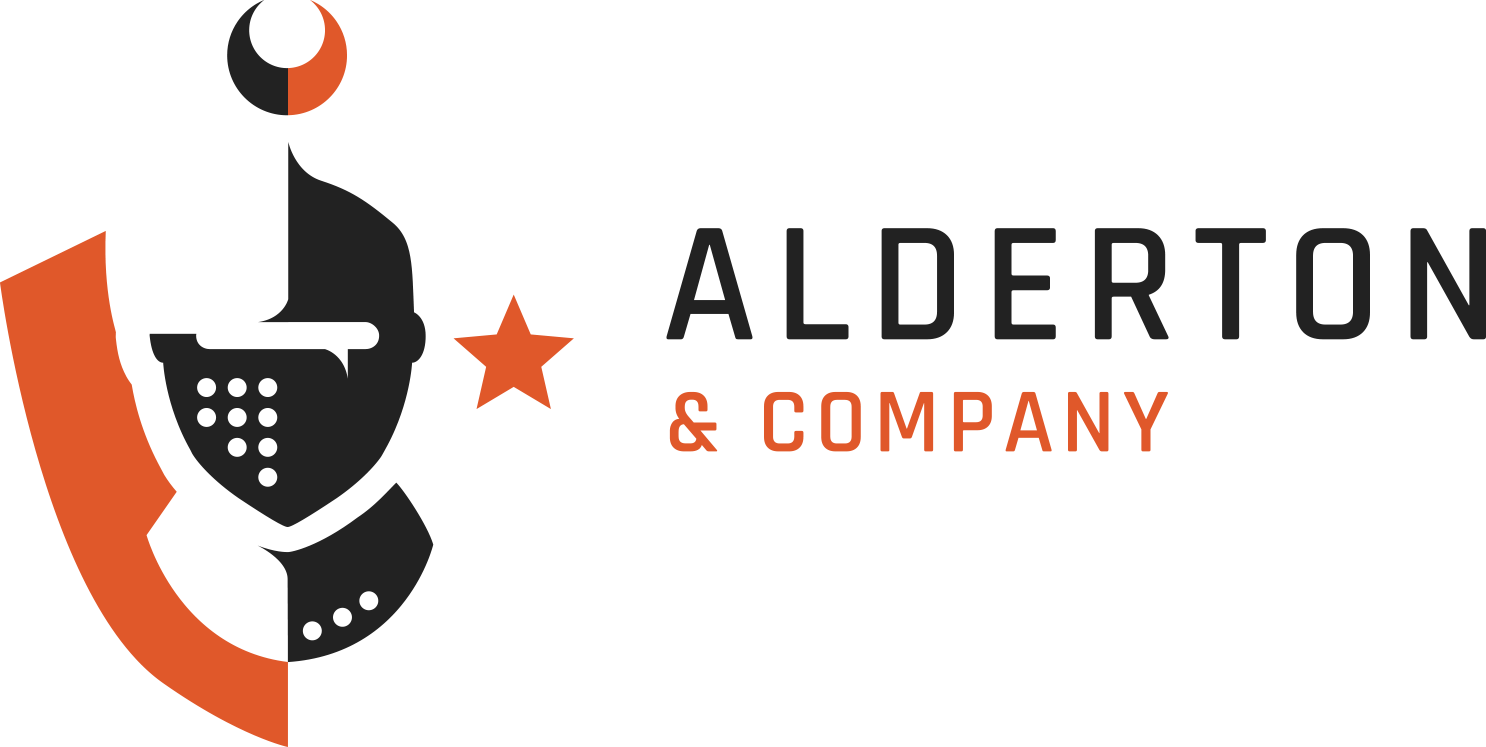
The Importance of Financial Management Reports in Effective Management
October 21, 2024
Demystifying Corporate Structures: An Essential Guide for Business Owners
October 23, 2024Navigating the Regulatory Landscape: Steering Clear of Legal Pitfalls


Staying on top of evolving regulations is a constant challenge. Non-compliance can lead to severe consequences, including hefty fines, reputational damage, and even legal action. Businesses must proactively navigate the regulatory landscape to ensure they remain compliant and safeguard their operations. This article explores the importance of staying ahead of compliance requirements and provides insights into effective strategies to mitigate risks and protect your business.
The Ever-Changing Regulatory Maze
Laws and regulations are constantly evolving, making it challenging for businesses to keep up. New legislation, industry-specific rules, and international compliance standards can emerge quickly, and failure to adapt can result in costly penalties. Staying informed and proactive is crucial for businesses of all sizes and sectors.
The Cost of Non-Compliance
The consequences of non-compliance can be severe. Financial penalties can cripple a business, while reputational damage can erode customer trust and market share. Legal action can result in lengthy and expensive proceedings, further impacting the bottom line. In some cases, non-compliance can even lead to criminal charges and imprisonment for company executives.
Proactive Compliance Strategies
To navigate the regulatory landscape effectively, businesses need to implement proactive compliance strategies.
- Establish a Robust Compliance Program: Create a comprehensive compliance program that encompasses all relevant laws and regulations. This program should include policies, procedures, training, and monitoring mechanisms to ensure compliance across the organization.
- Conduct Regular Risk Assessments: Identify potential compliance risks and assess their impact on the business. Develop mitigation plans to address these risks proactively.
- Stay Informed About Regulatory Changes: Continuously monitor changes in laws and regulations relevant to your industry. Subscribe to relevant newsletters, attend industry events, and consult with legal and compliance experts to stay up to date.
- Invest in Technology: Leverage technology solutions to streamline compliance processes. This can include automated compliance monitoring tools, document management systems, and data analytics to identify potential risks.
- Foster a Culture of Compliance: Embed compliance into the organization’s culture. Encourage employees to report any potential violations and provide training to ensure everyone understands their compliance responsibilities.
- Engage External Expertise: Seek guidance from legal and compliance professionals to navigate complex regulations and ensure your business remains compliant.
- Regular Audits and Reviews: Conduct periodic audits and reviews of your compliance program to identify any gaps or areas for improvement.
The Benefits of Proactive Compliance
Beyond avoiding penalties, proactive compliance offers several benefits:
- Enhanced Reputation: A strong compliance track record demonstrates ethical business practices and strengthens your reputation in the marketplace.
- Increased Investor Confidence: Investors are more likely to support businesses that prioritize compliance and demonstrate a commitment to responsible operations.
- Operational Efficiency: Streamlining compliance processes can lead to improved operational efficiency and cost savings.
- Employee Morale: A culture of compliance fosters a positive work environment and enhances employee morale.
Navigating the Future with Confidence
The regulatory landscape will continue to evolve, and businesses must adapt to stay ahead of the curve. By proactively embracing compliance as a strategic imperative, organizations can protect themselves from legal pitfalls, foster a culture of responsibility, and position themselves for sustainable growth in an increasingly complex world. Remember, compliance is not just a burden, but an opportunity to build a stronger, more resilient, and more successful business.
Additional Considerations:
- Develop a Compliance Committee: This committee can oversee the compliance program, provide guidance, and ensure that it remains effective.
- Conduct Regular Training: Ensure that employees are aware of their compliance responsibilities and receive ongoing training on relevant regulations.
- Monitor and Evaluate: Regularly monitor the effectiveness of the compliance program and make necessary adjustments to address any identified issues.
- Consider External Validation: Engage external auditors or consultants to assess the effectiveness of your compliance program and provide independent recommendations.
- Stay Updated on Industry Best Practices: Keep abreast of industry-specific compliance standards and best practices to ensure your organization is aligned with the latest trends.
By implementing these additional strategies, businesses can further strengthen their compliance efforts and mitigate risks. Remember, proactive compliance is an ongoing process that requires continuous attention and adaptation to the changing regulatory landscape.



